It’s also packed with details so specific that you suspect that the source wasn’t another movie or a book but someone’s life—such as the moment when a child goes wandering through a mob-owned business and innocently discovers something a child shouldn’t know about; or the nonchalant way that mob-connected teenagers flirt, smoke, carouse, and get in fights outside of a funeral (which tells you how common funerals are in this environment).
Esposito’s direction is clean and efficient—not a lot of cool flourishes here, just a camera that always seems to be the right distance from the emotions it’s capturing, and performances that are sensibly modulated whether the characters are whispering innuendo and veiled threats or beating people up. But it’s the screenplay that impresses most. This is, in the most complimentary sense, a film obviously written by an actor, with an instinctive sense of what actors need to do their jobs well: motivation, clarity of purpose, and bits of physical business that can help fill in meaning, and add humor and surprise to otherwise grim material.
As Rose, the protagonist and audience stand-in, Emily Bader fleshes out the familiar role of the trapped young person who wants to be free but doesn’t want to lose her family in the process (a story that’s more often set in small rural towns, though big-city neighborhoods are functionally similar). The supporting cast gives her plenty to react against, from the swaggering volatility of her chain-smoking older sister Connie (Odessa D’Azion) to the deluded and self-negating loyalty talk of her mom (Esposito, stepping in front of her own camera) to the genial menace of her father (Domenick Lombardozzi), who smiles as he tests his family’s loyalty by asking, “Do you trust me to fly this plane?” then repeatedly crashes it and expects hosannas and gratitude.
The film’s most intense moments aren’t the beatdowns and killings but ones when Rose is put on the spot by another member of her tight-knit community and pressured to make a decision she doesn’t want to make. We’ve learned enough about her world to know that every such decision is ultimately not about her or even about the person doing the asking, but the need to constantly fortify the established order, whether it’s by saying yes to a marriage proposal or agreeing not to mention a violent crime that happened in front of you. The TV sets glimpsed in various homes and businesses often show tabloid talk series like “The Sally Jesse Raphael Show,” making a lurid, clownish spectacle of the quiet desperation Esposito’s characters are born into and could die trying to escape. The closest equivalent to “Fresh Kills” in overall feeling is probably the HBO version of Elena Ferrante’s “My Brilliant Friend,” a 1950s period piece set in a small Sicilian town dominated by organized crime, where women got entangled in men’s bloody business, even when they tried to keep their heads down and live “normal” lives.
You can view the original article HERE.


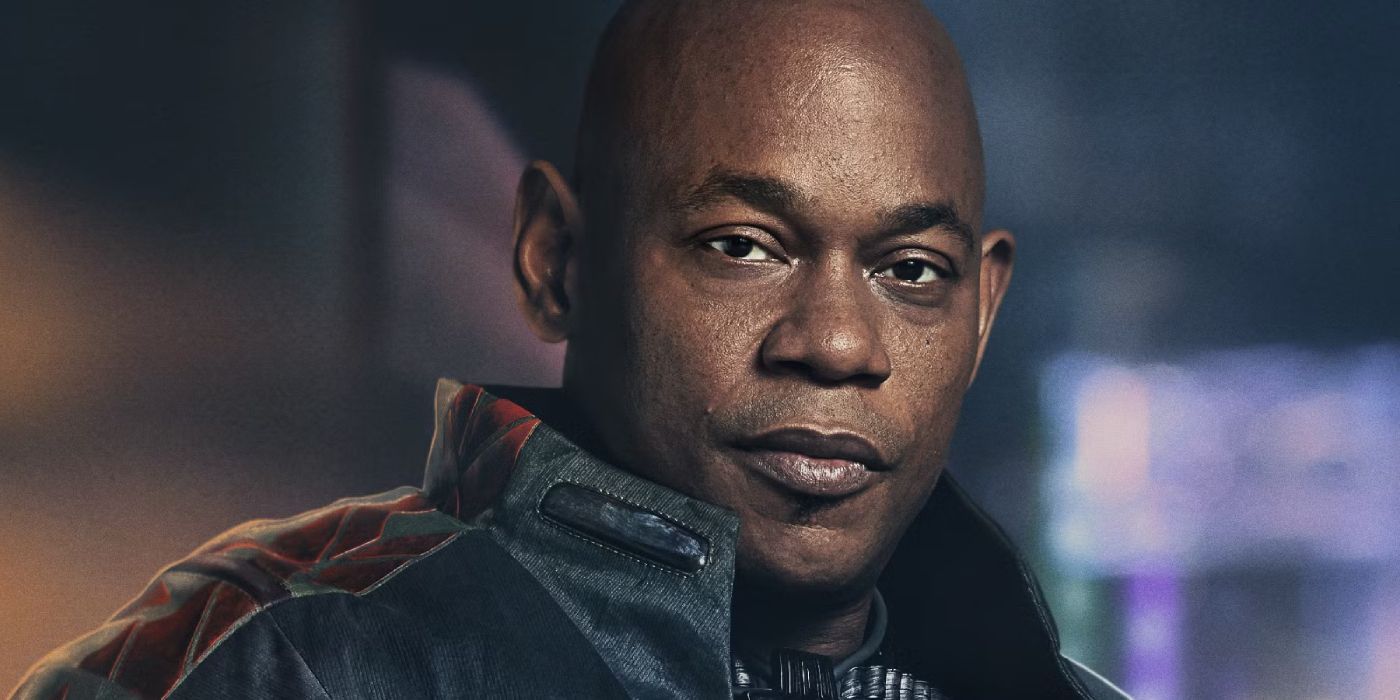



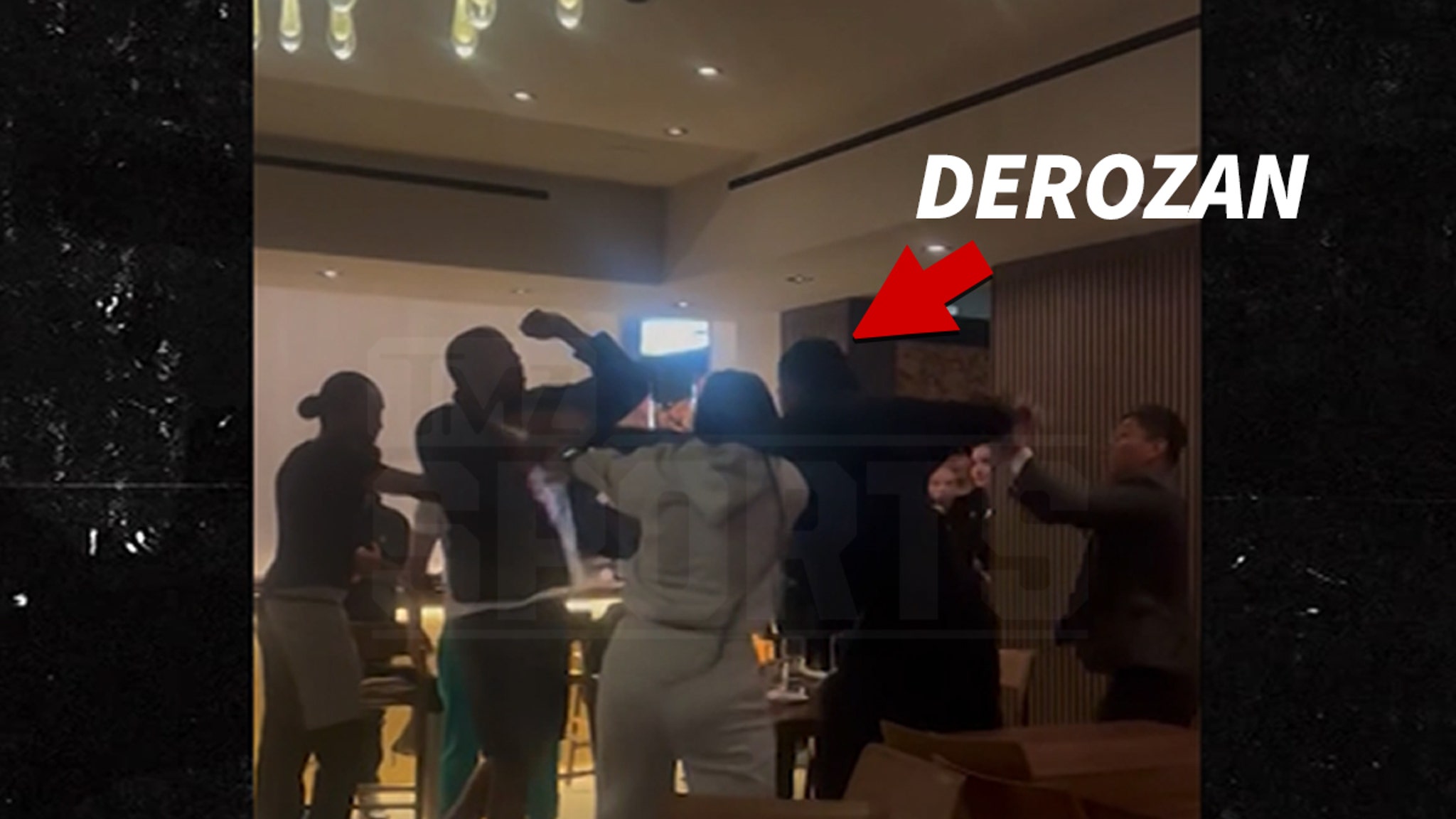





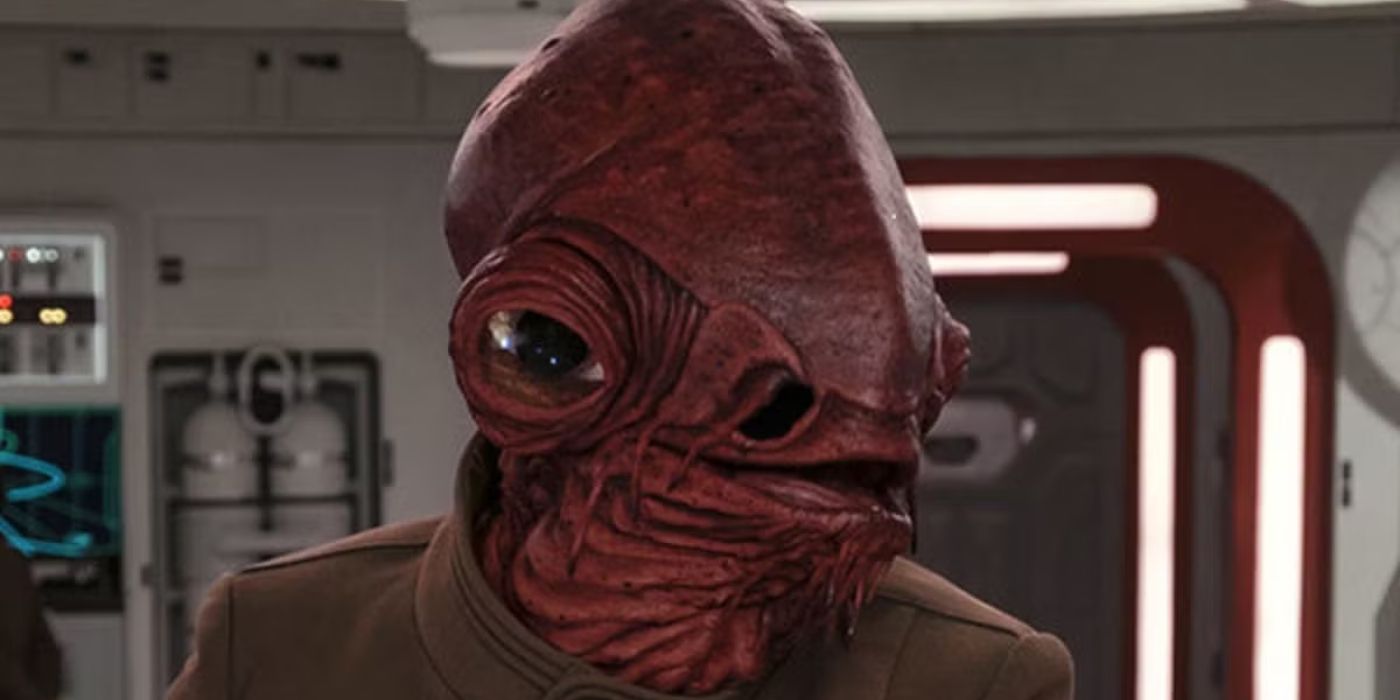


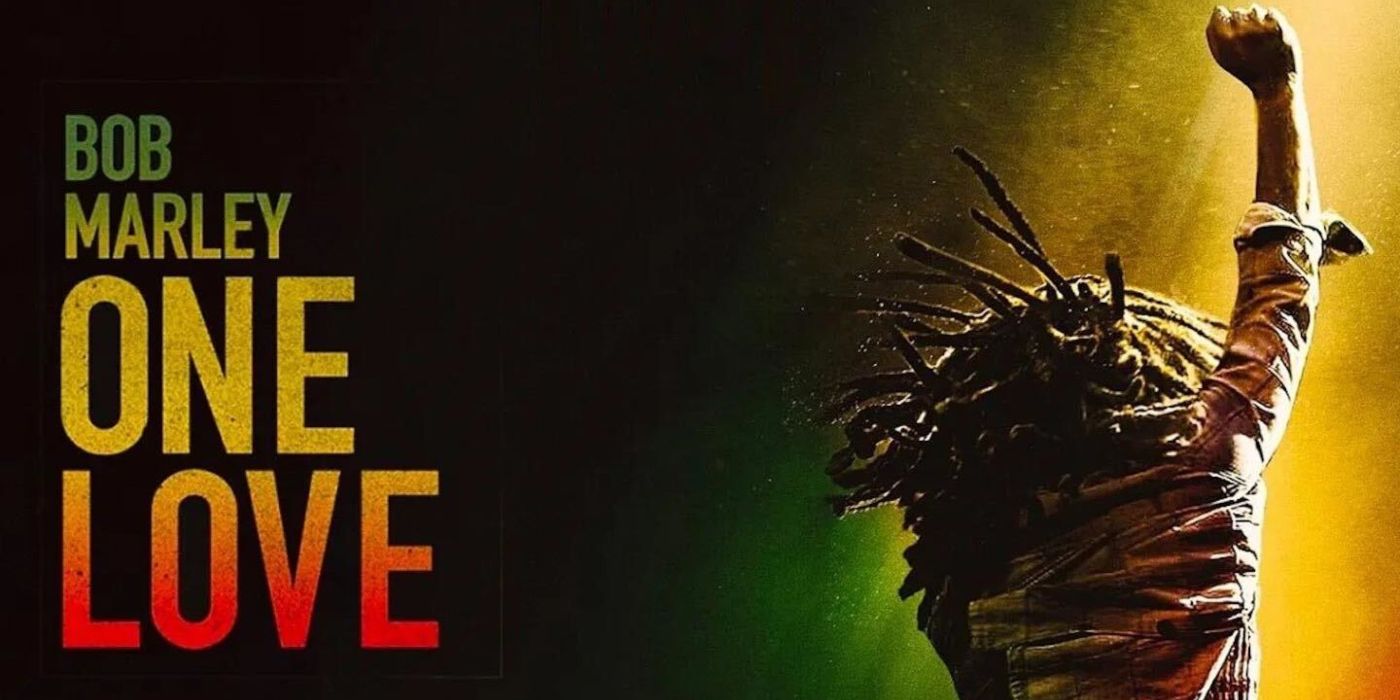




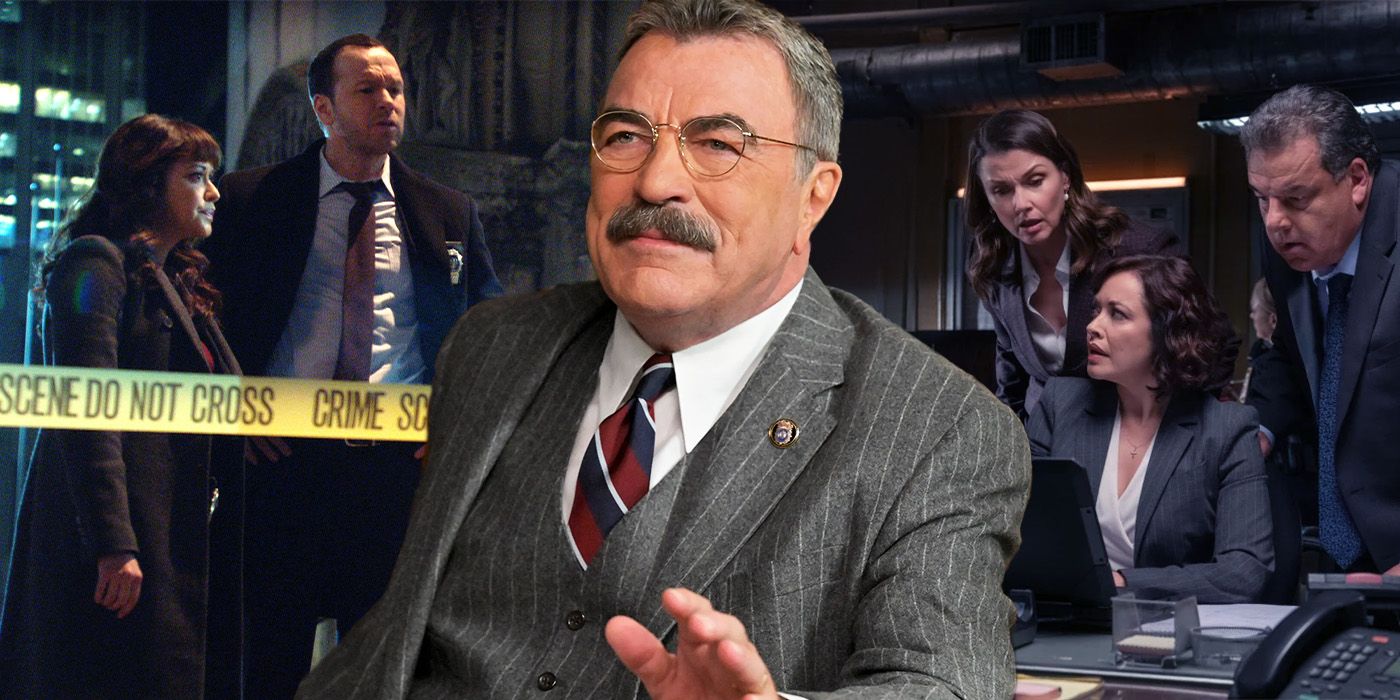

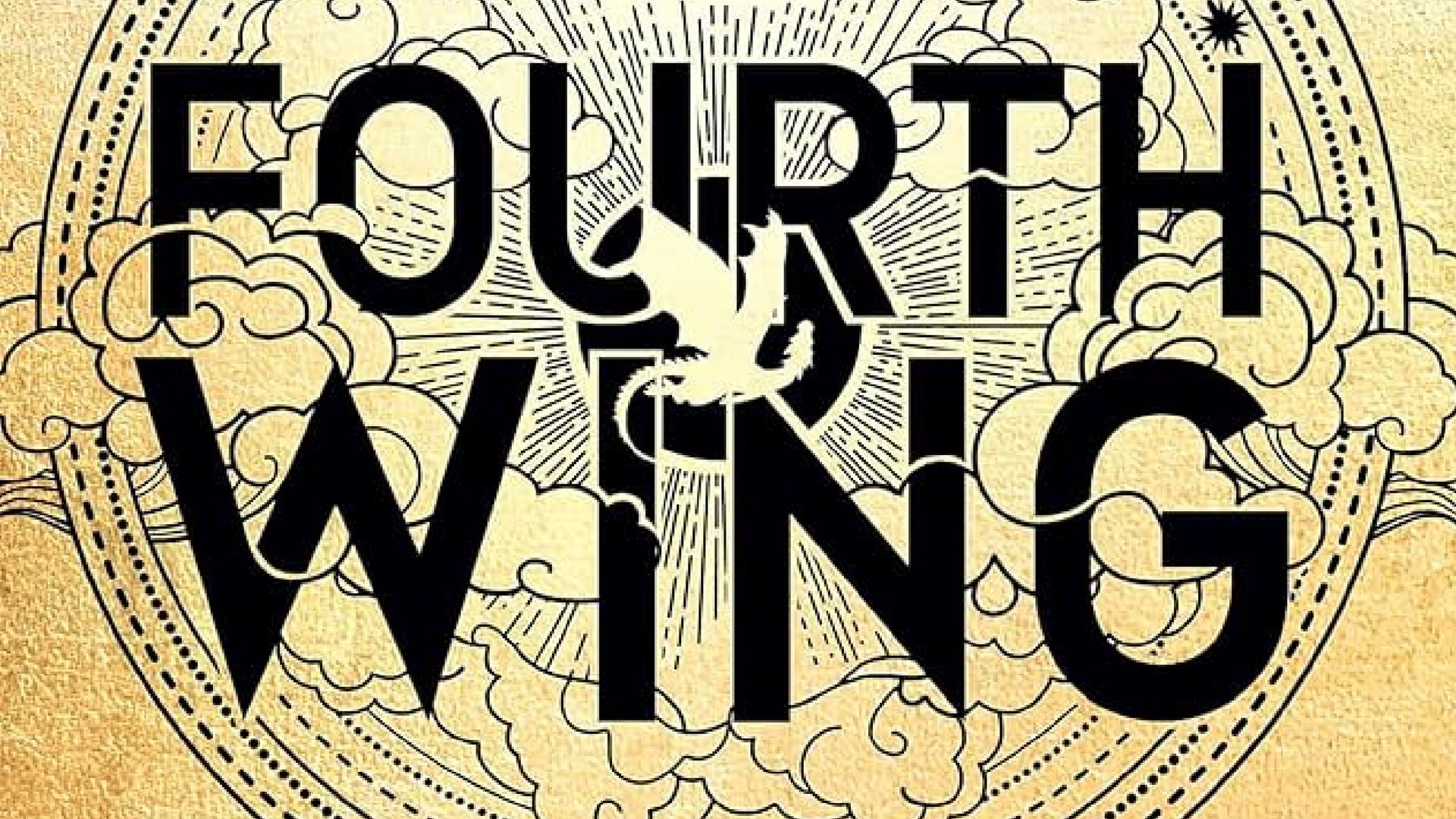

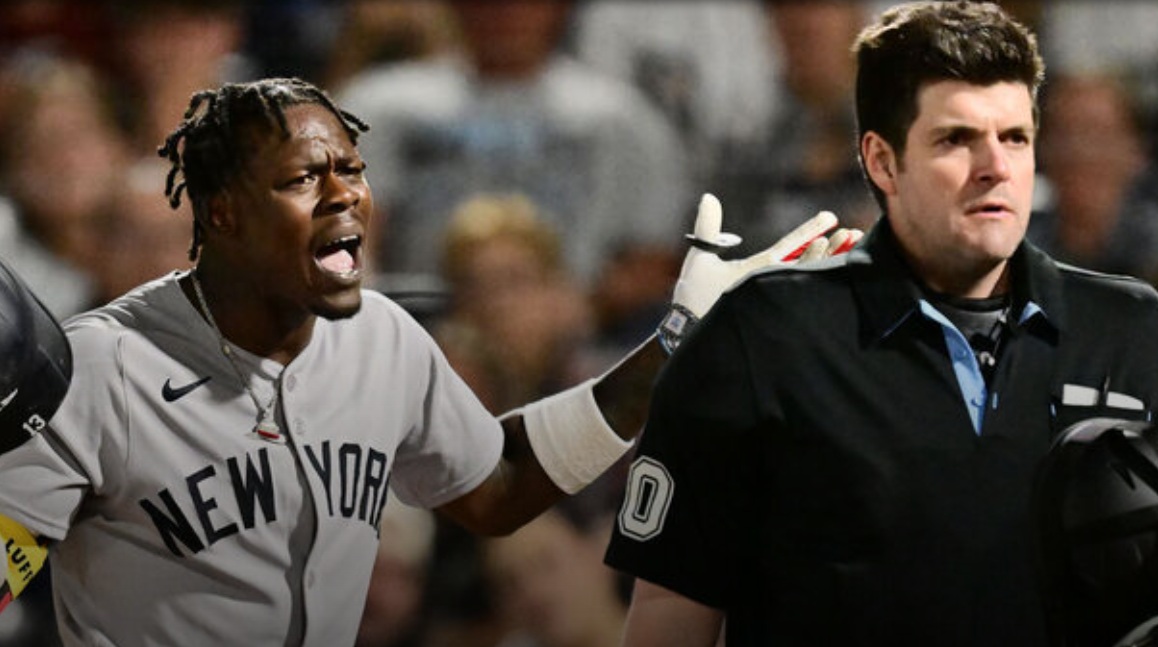




:quality(85):upscale()/2025/04/17/966/n/1922564/69dc205568017c7cad79f2.40744747_.png)
